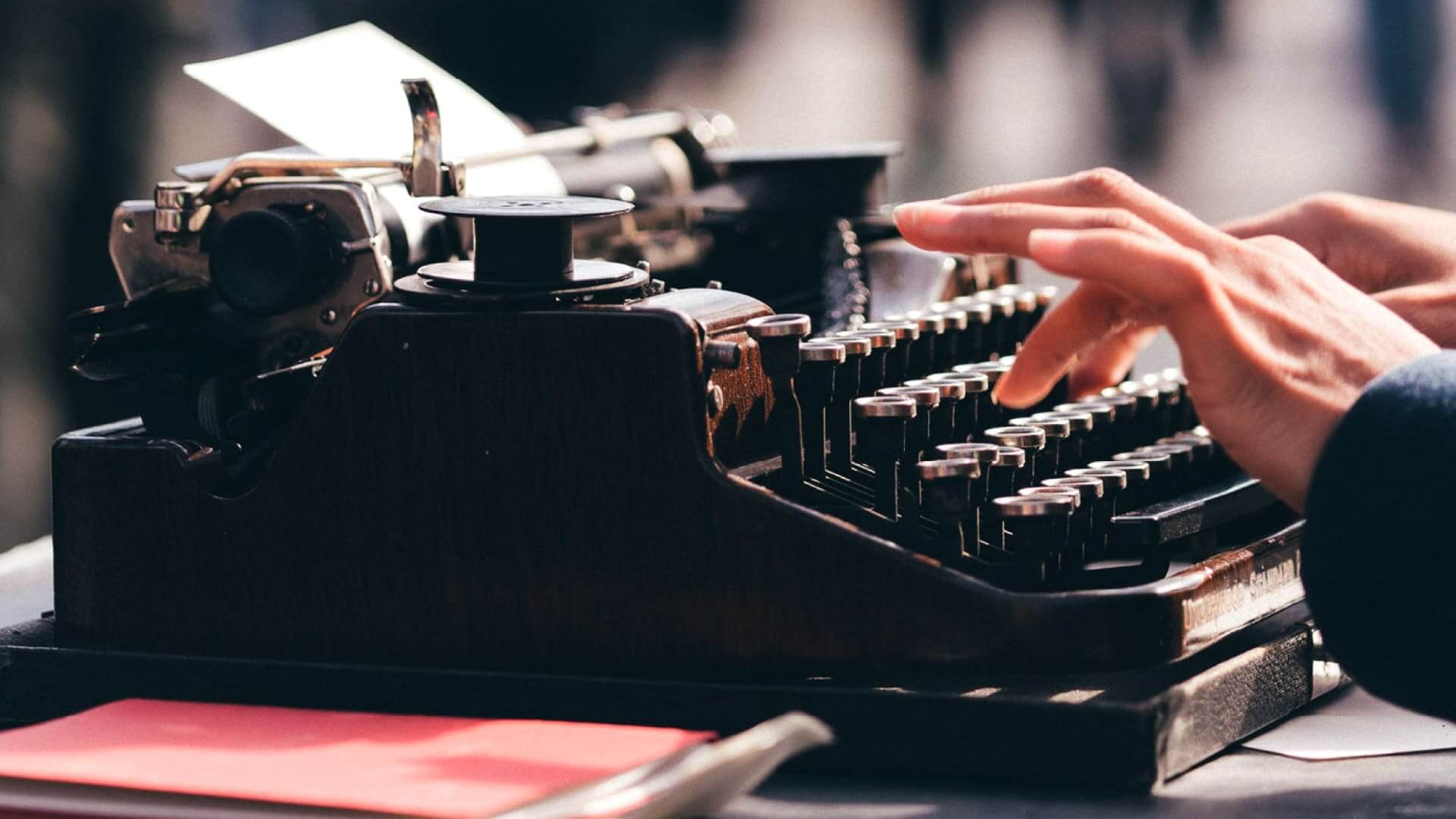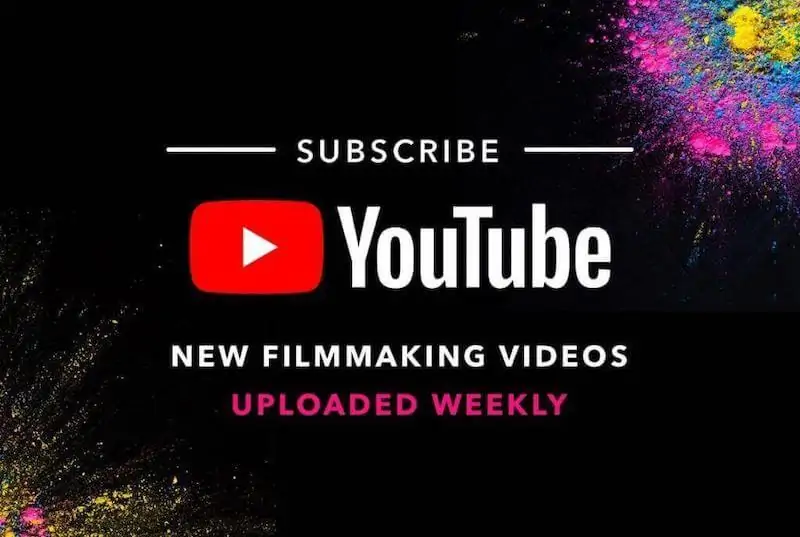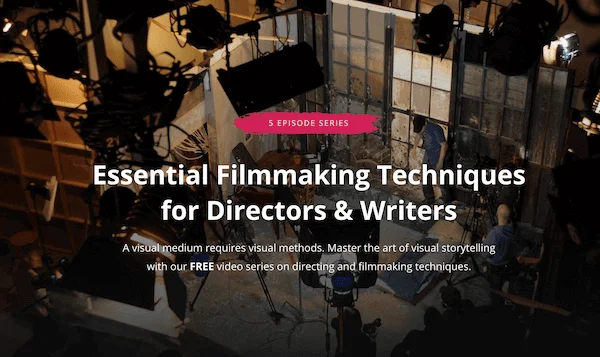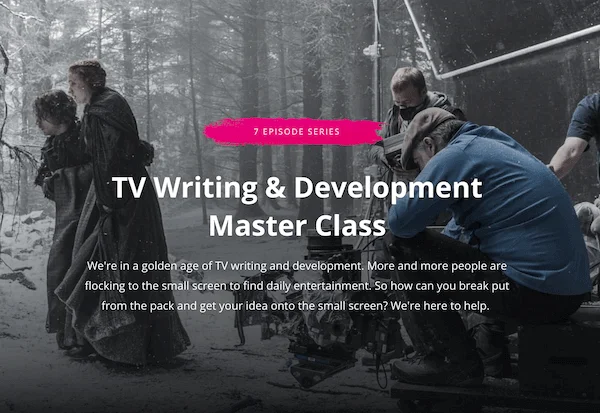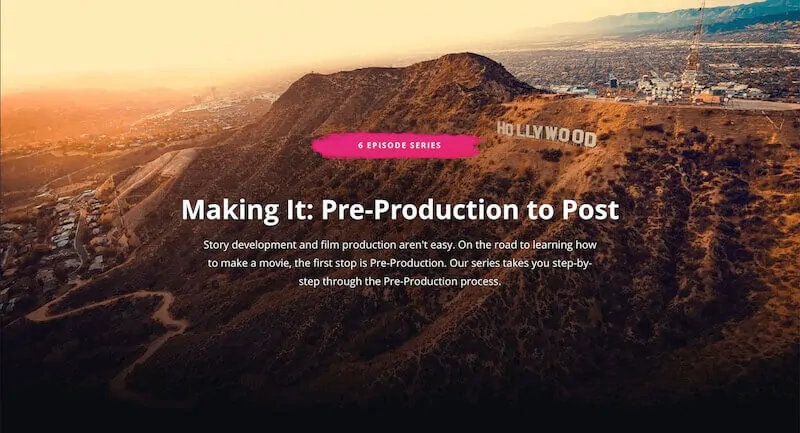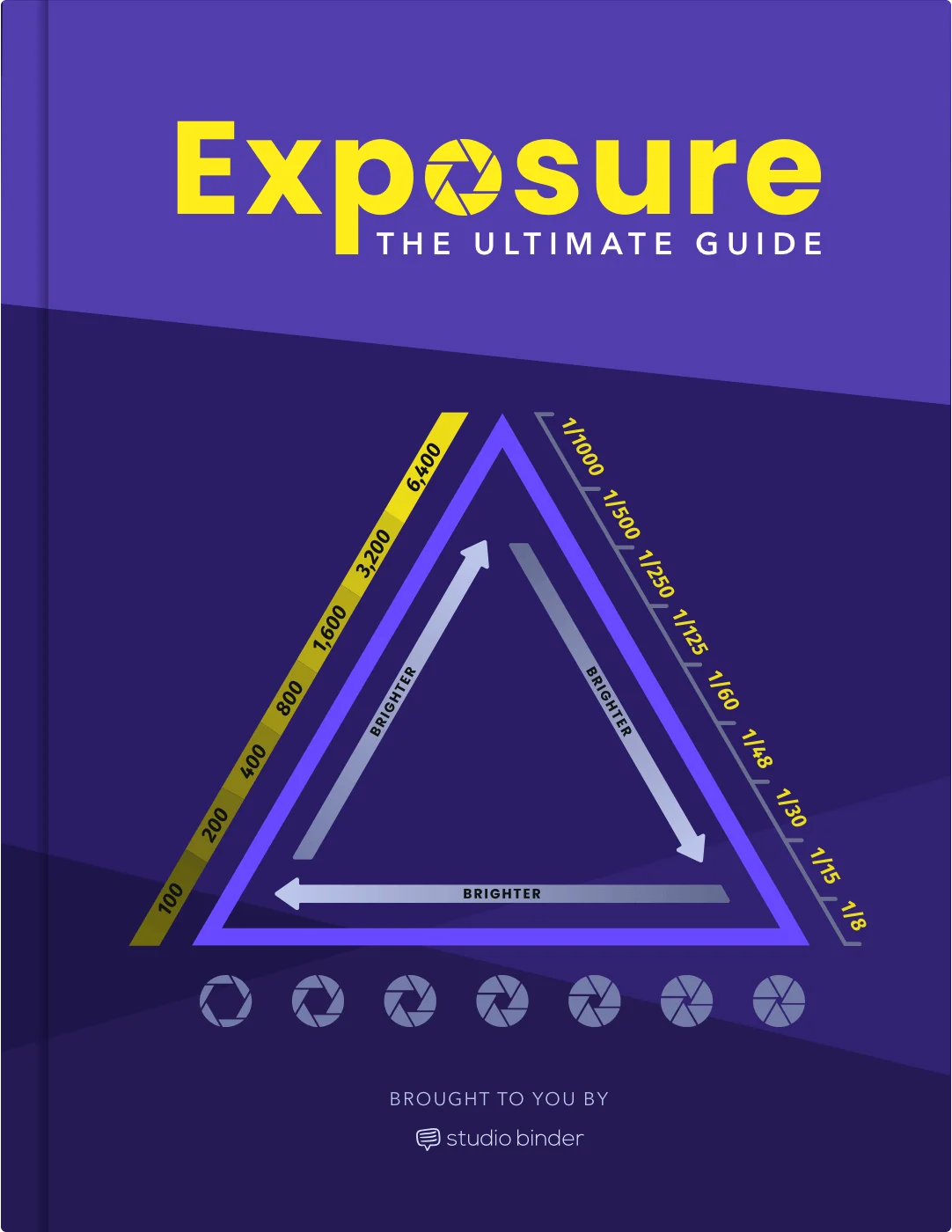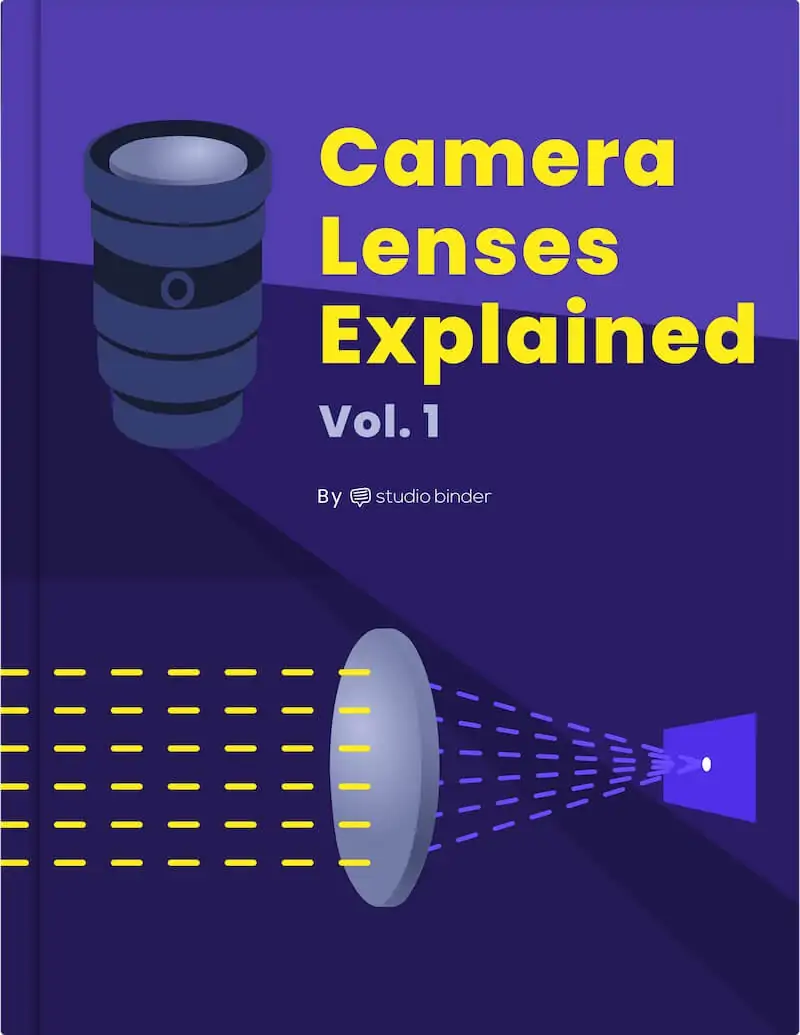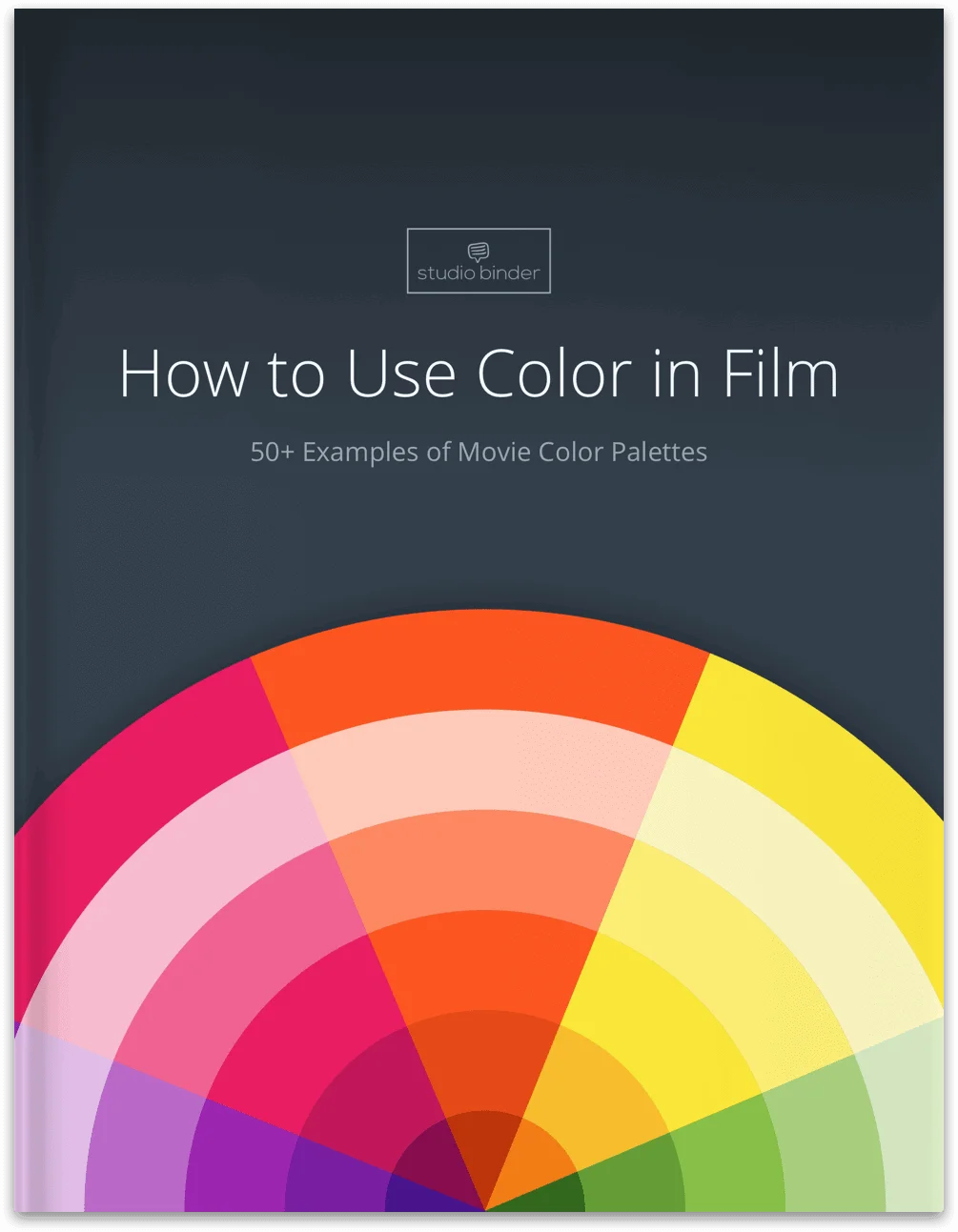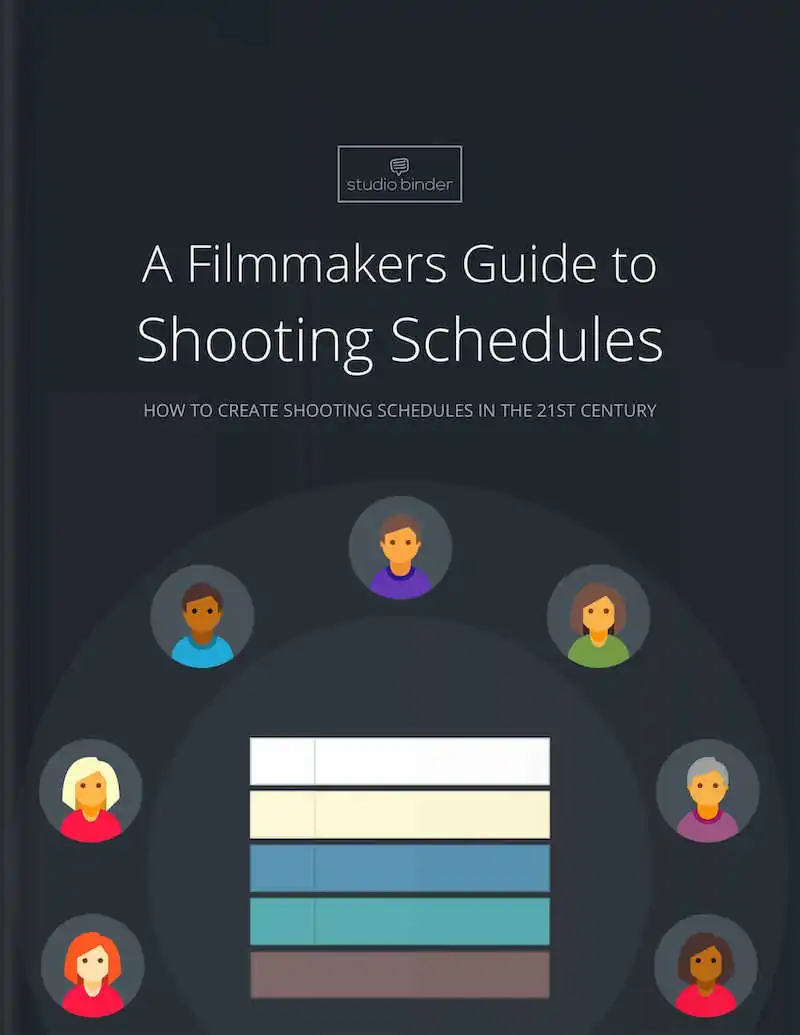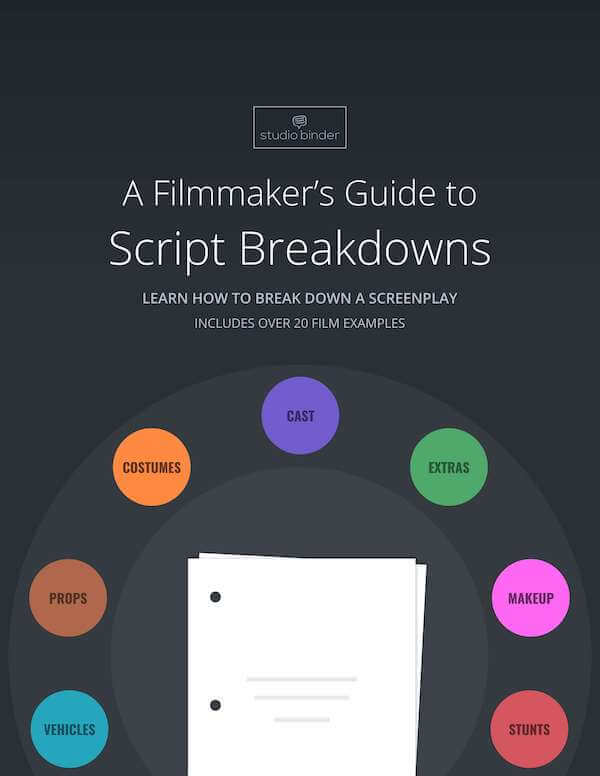Whenever you read a full-length screenplay, it is important to understand all of the steps that led to the final draft of that script. Stories are often changed and workshopped long before they are written into a screenplay. The pre-writing phase of a screenplay is essential to many writers and a fundamental device used is the film treatment. A treatment is utilized for various reasons and can be a key component to developing the seeds of an idea. So, what is a treatment in film? Let’s unpack the definition of a film treatment and why they are important for all…
It’s safe to say Oppenheimer is no typical biopic. The film leaps backwards and forwards through time, creating a nonlinear structure that stands apart from its counterparts in the genre. It should be unsurprising, then, that the Oppenheimer screenplay challenges conventions. By examining Christopher Nolan’s script for the movie, we can begin to appreciate just how intricate and unique the massive three-hour story is.Continue reading Oppenheimer Script PDF Download — Screenplay Breakdown
Scenes are the basic building blocks of a film. From classic blockbusters to indie flicks, the structure and purpose of each scene remain crucial in conveying a compelling and satisfying cinematic experience to the viewer. So, what are scenes and what is their importance in creating an immersive, captivating film? In this blog post, we'll explore what a scene is and its role in the storytelling process of a film.Continue reading What is a Scene — Definition and Examples in Storytelling
So you’ve written a script; great! Now what? Well, if you’re like me, you’ll obsess over making every scene perfect (a screenplay is never “perfect,” but that’s a discussion for another time). You have a solid 3-act structure, good dialogue, and a few punch-lines to keep the reader hooked. But something is off. Do your scenes feel a little dull? Is it the pacing, tone, or stakes? The solution is simple — G.O.D.D. It's more than just an acronym, we will go over the four elements to make your characters more compelling and your scenes more dynamic.Continue reading How to…
Get Out received widespread critical acclaim and numerous accolades for its groundbreaking storytelling, exceptional performances, and powerful social commentary. In many ways, it’s a product of everything great about the horror genre while also reinventing the genre itself. In this blog analysis, we will take a closer look at what makes Get Out such an important film. We'll examine its themes, characters, and plot in depth, exploring how they all work together to create a truly unforgettable cinematic experience.Continue reading Get Out Script PDF Download — Themes, Characters, and Ending
What is something each and every story ever told has in common? If you guessed “a setting,” you’d be correct! When your narrative involves characters and motivation, a setting is almost always a given. Sometimes a setting is massive and expansive, while other times it’s small and intimate. So what is a setting, what does setting mean, and how can it be presented, identified, and crafted? We’ll go over a basic setting definition before embarking on an adventure full of helpful info and setting examples. Continue reading Setting Examples — How to Use Time and Place in Film & Lit.
Screenwriting books and instructors often warn aspiring writers against writing flashbacks in their scripts. They know that beginning and amateur writers often use them in a way that can bring a film to a dead stop. However, so many great films have used flashbacks with resounding success. So, let’s learn from some films that figured out how to write a flashback in a script the right way.Continue reading How to Write a Flashback in a Script — Techniques & Format
You’ve got a great idea for a montage. But what is a montage? Before we break it down, let’s quickly touch on what a montage is and why it matters on screen. Figuring out how to write a montage in a script the “right” way is a common concern, especially when there’s confusion around montage meaning and how it fits into visual storytelling. We’ll cover all of these in this post, along with a more efficient way to write your montage with an eye towards production so that your montage gets scheduled, budgeted, and shot.Continue reading How to Write a…
Have you read the Pulp Fiction script and been astonished at the writing? It can feel overwhelming when you sit down to write a screenplay, but the masters feel the same way. The Pulp Fiction script didn't come from thin air. There was hard work put into every page.Today, we're going to break all those rules as we go over the Pulp Fiction script. We even have a free Pulp Fiction script PDF for you.Continue reading Screenplay Examples: Pulp Fiction Script [FREE Script Download]
There’s no shortage of “How to Write a Spec Script” posts out there, and they tend to come in two forms. Articles about writing on spec either spotlight “business side” considerations — marketplace demand, how to get your material out there, which contests to enter — or they give guidance on the creative process: how to find inspiration, ways you can push your imagination, and spec script format. In truth, writing good scripts comes down to a balance.Continue reading How to Write a Spec Script — Tips and Techniques for TV and Film

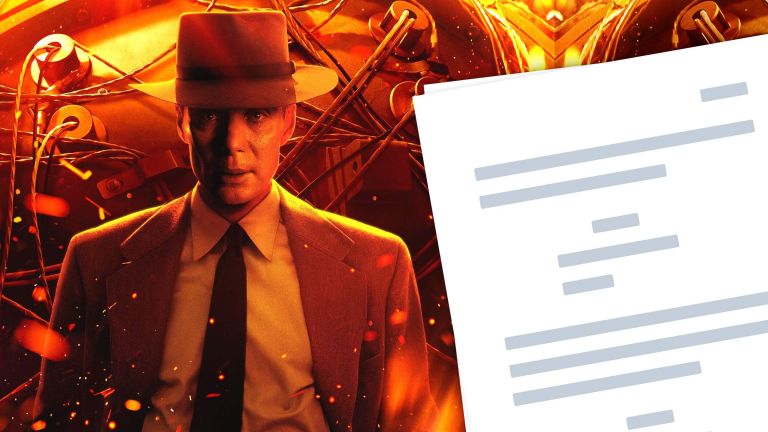

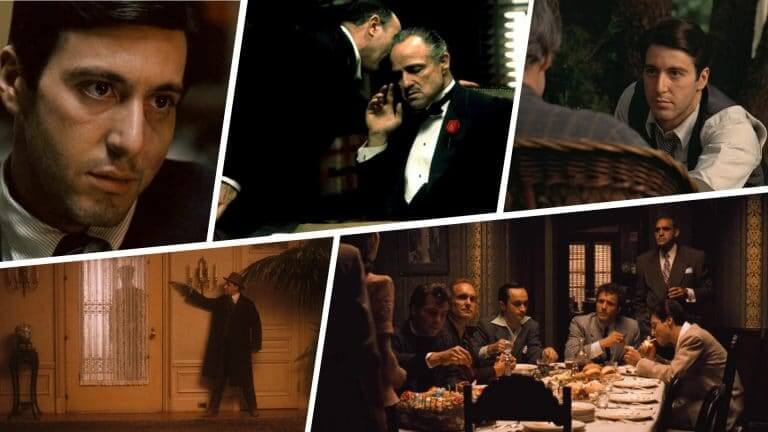
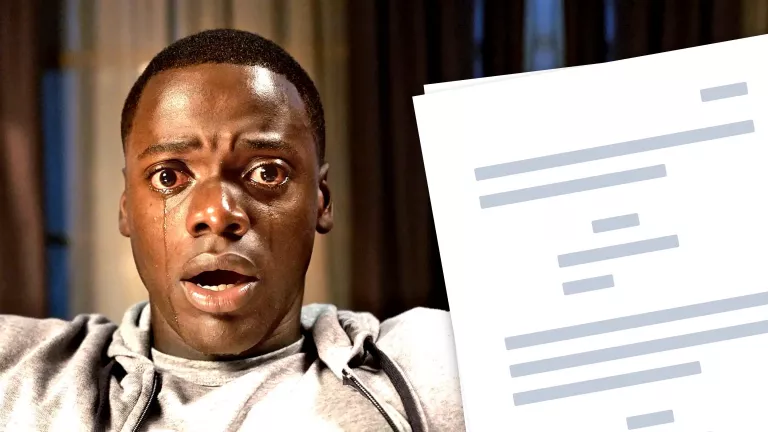

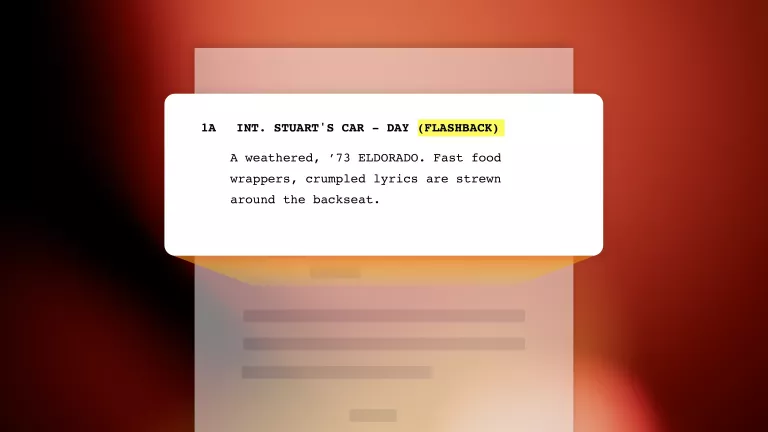
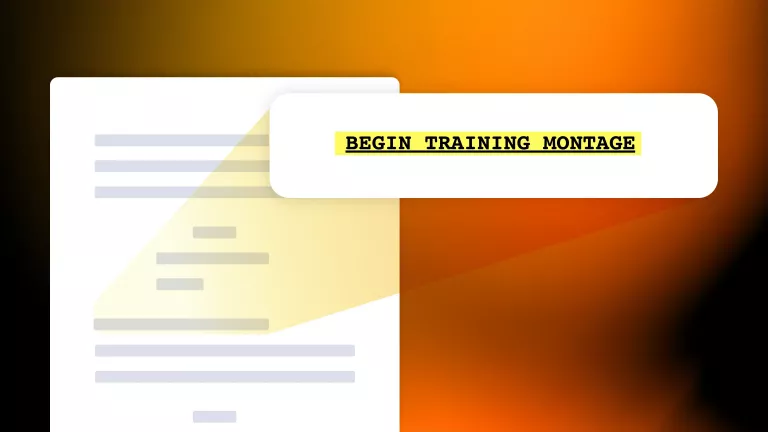
![Screenplay Examples: Pulp Fiction Script [FREE Script Download] 9 Pulp Fiction Script PDF StudioBinder](https://s.studiobinder.com/wp-content/uploads/2025/03/Pulp-Fiction-Script-PDF-StudioBinder-768x432.jpg)
